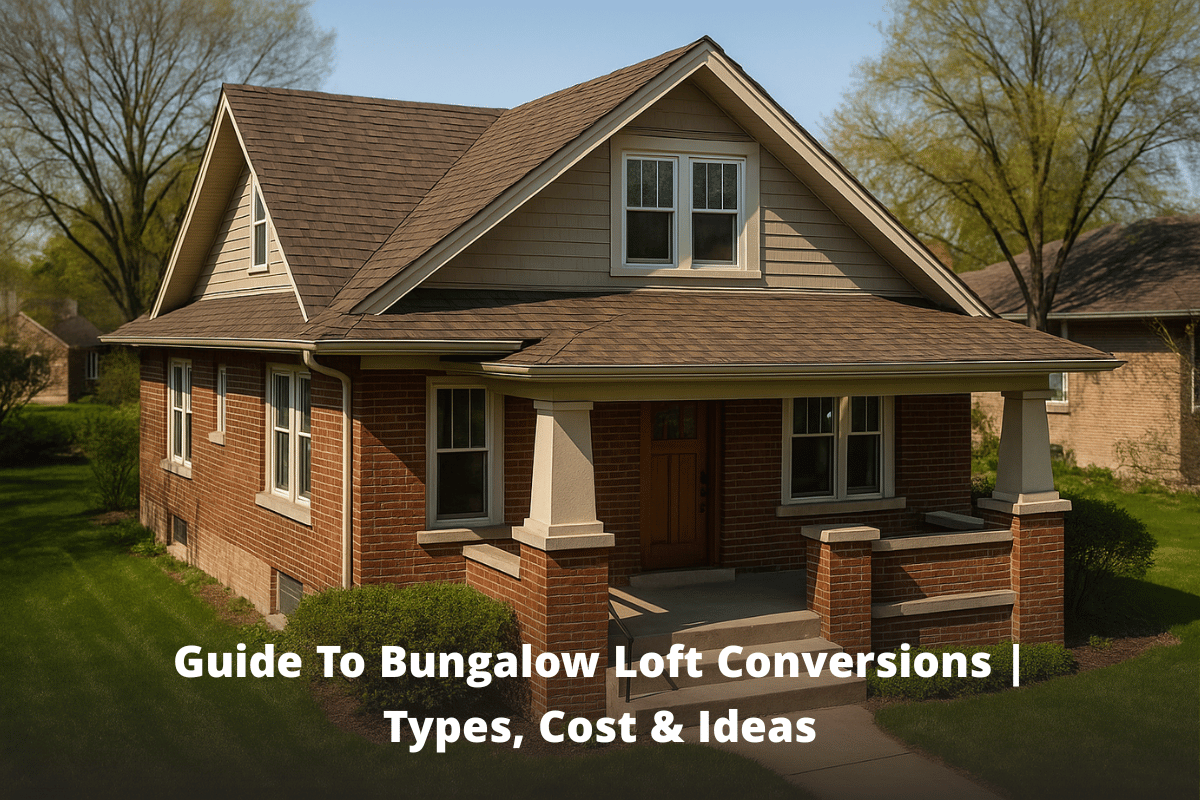
Key Summary
Here are the key points:
- A loft conversion can indeed accommodate a kitchen, transforming the space into a functional culinary haven.
- It’s crucial to ensure compliance with local building regulations and seek necessary permissions before initiating the project.
- Implementing a kitchen in a loft necessitates meticulous planning with regard to the electrical and plumbing systems.
- Working with a professional architect or a loft conversion specialist can significantly streamline the process.
Transforming Lofts: Kitchens in High Places
A loft conversion serves as a phenomenal way to create additional functional space within your existing home. Particularly, a loft kitchen can effectively elevate the value and aesthetic appeal of your property.
Loft conversions that accommodate kitchens add a unique charm to the residence, making it an enticing option for homeowners.
Requirements for a Loft Kitchen: Plumbing and Electrical Installations
Embarking on the journey of transforming your loft into a kitchen warrants careful consideration of the existing plumbing and electrical infrastructure.
Since kitchens house numerous appliances that require access to water, gas, and electricity, you’ll need to ensure the loft is suitable for such installations.
Moreover, safety is a paramount concern when setting up a loft kitchen.
Heavy appliances, the right wiring and plumbing, and appropriate heating solutions must be meticulously planned.
Navigating Building Regulations and Permissions
Before you can install your dream loft conversion kitchen, you need to be mindful of the existing building regulations and necessary permissions.
Depending on the location and specific details of your property, there may be restrictions or regulations that impact your loft conversion plans.
If you are drawing up your own loft conversion plans you must ensure that you adhere to current building regulations.
Working with experienced professionals who understand these intricacies can help navigate the process smoothly and ensure your loft kitchen aligns with all legal requirements.
Professional Insight: Consulting with an Architect or Loft Conversion Specialist

Enlisting the help of an architect or a loft conversion specialist can bring your vision to fruition while ensuring that all practical and safety considerations are appropriately addressed.
These professionals have comprehensive knowledge and experience in creating loft kitchens that are both aesthetically pleasing and functionally efficient.
Their expertise is particularly useful in the design phase of the loft conversion, where space is often at a premium.
With a focus on maximising every square inch of your loft, these professionals can guide you on the most effective layout for your kitchen, ensuring that it is not only stylish, but also practical.
The Appeal of Mansard Loft Conversions
Mansard loft conversions offer a unique and exciting opportunity for homeowners wishing to create a kitchen in their attic space.
Despite the presence of sloping walls, precise planning and intelligent design can transform the area into a vibrant, airy living space, replete with ample storage options.
The design process for a Mansard loft conversion kitchen is distinct, with a focus on maximising space utilisation.
Creative solutions, such as movable drawer units on wheels, offer a combination of functionality and easy access to the eave space behind them. Furthermore, thoughtful placement of the kitchen within the loft can amplify its usability.
For instance, keeping a loft kitchen away from a roof terrace can reserve that area for the living room, opening up the space during warmer weather.
Making the Most of Your Loft Conversion
Sloping walls and higher proximity to the ceiling, typical characteristics of a loft, can be utilised to your advantage while planning your kitchen.
Installation of large roof lights allows for excellent ventilation while bathing the room in natural light, all while preserving privacy.
In the case of a loft conversion kitchen, the unique architecture and higher ceiling can be incorporated into the design for added appeal.
For instance, you can integrate the higher ceiling into your loft kitchen design, adding an additional dimension of sophistication to your kitchen.
FAQs
Can you have a kitchen in a loft conversion?
Absolutely, a loft conversion can effectively house a kitchen. However, it’s essential to ensure the space meets all requirements for safety, functionality, and comfort.
Is a loft good for a kitchen?
Lofts make excellent spaces for kitchens, primarily when designed and installed correctly.
Their unique architecture and higher proximity to the ceiling offer a unique aesthetic appeal, while the added functionality can significantly enhance your home’s value.
Do I need to tell my neighbour about a loft conversion?
It’s always advisable to inform your neighbours about your planned loft conversion, especially if you share a party wall or if the construction work could potentially disrupt them.
If you do share a party wall you may have a legal obligation to notify them – you’ll find all you need to know about this in our blog Neighbours Rights and Party Wall Agreement for Loft Conversions.
Conclusion
Incorporating a kitchen into your loft conversion can transform your living space, offering a unique blend of functionality and aesthetic appeal.
However, careful planning, adherence to building regulations, and professional guidance are crucial to ensuring the success of your loft kitchen project.
With these factors in mind, you can create a loft conversion kitchen that truly stands out and serves as a valuable addition to your home.
If you live, or have a property, in London and are thinking about putting a kitchen in a loft conversion, London Lofts would be happy to discuss your plans and requirements.
We’ve got years of experience building beautiful loft conversions with loft kitchens in the greatest city on earth. Give us a call.




